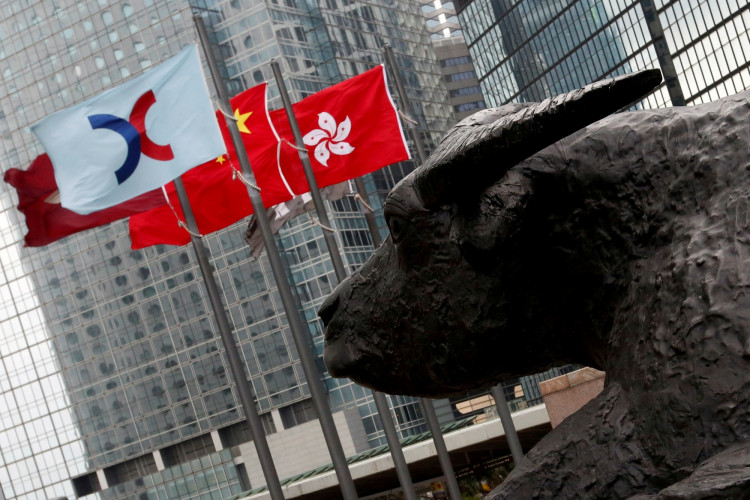Chinese cancer drug developer Akesobio successfully launched its HK$2.58 billion or roughly $330 million initial public offering (IPO) in Hong Kong. The IPO was oversubscribed 639 times during its debut, making it one of the most popular listing in the city for the year.
The IPO of the clinical-stage biopharmaceutical firm is currently one of the largest listings in Hong Kong so far this year and one of the largest in the broader health care sector. During its debut, Akesobio offered a total of 15.95 million shares or around 10 percent of its total global share offering to Hong Kong investors.
At its offer closing on Friday last week, more than about HK$166.5 billion in investor's funds were locked up. This was the largest amount collected by the Hong Kong Exchange since it started allowing startups to list more than two years ago. The funds collected were higher than the amounts collected during the IPO of medical device maker Venus Medtech in December last year.
The oversubscription of Akesobio's IPO follows a similar trend during the debut of other cancer drug companies, namely Alphamab Oncology and InnoCare Pharma. This highlights the growing popularity of biotech listing and oncology-related companies as a whole among Hong Kong investors.
Analysts at Singapore-based investment bank UOB-Kay Hian pointed out that it is difficult to determine whether the popularity is being driven merely by short-term speculation or if there is a legitimate interest in the particular stock. Most of the biotech companies that have listed have yet to prove their overall capabilities, which are based on their product and research success. However, other factors such as approval, marketing, and pricing are now playing important roles in investor decisions.
Hong Kong-listed biotech firm Ascletic Pharma, for example, has a hepatitis drug that has been approved in China. The company is facing stiffer competition aboard, but is slowly making headway in breaking into the international market. Despite its success, the company's stock is still trading around 79 percent below its original IPO price.
For Akesobio, its leading candidates include treatments for specific cervical, lung, liver, blood, and nasopharyngeal cancers. The treatments are in late-stage clinical trials, with the company expecting completion by the second half of this year and approval to market by 2022.
Based on historical data, oncology drugs have a much lower chance of becoming commercial successes. Only about 50 percent succeed in completing Phase 3 trials and even less go on to be approved for commercial use.





